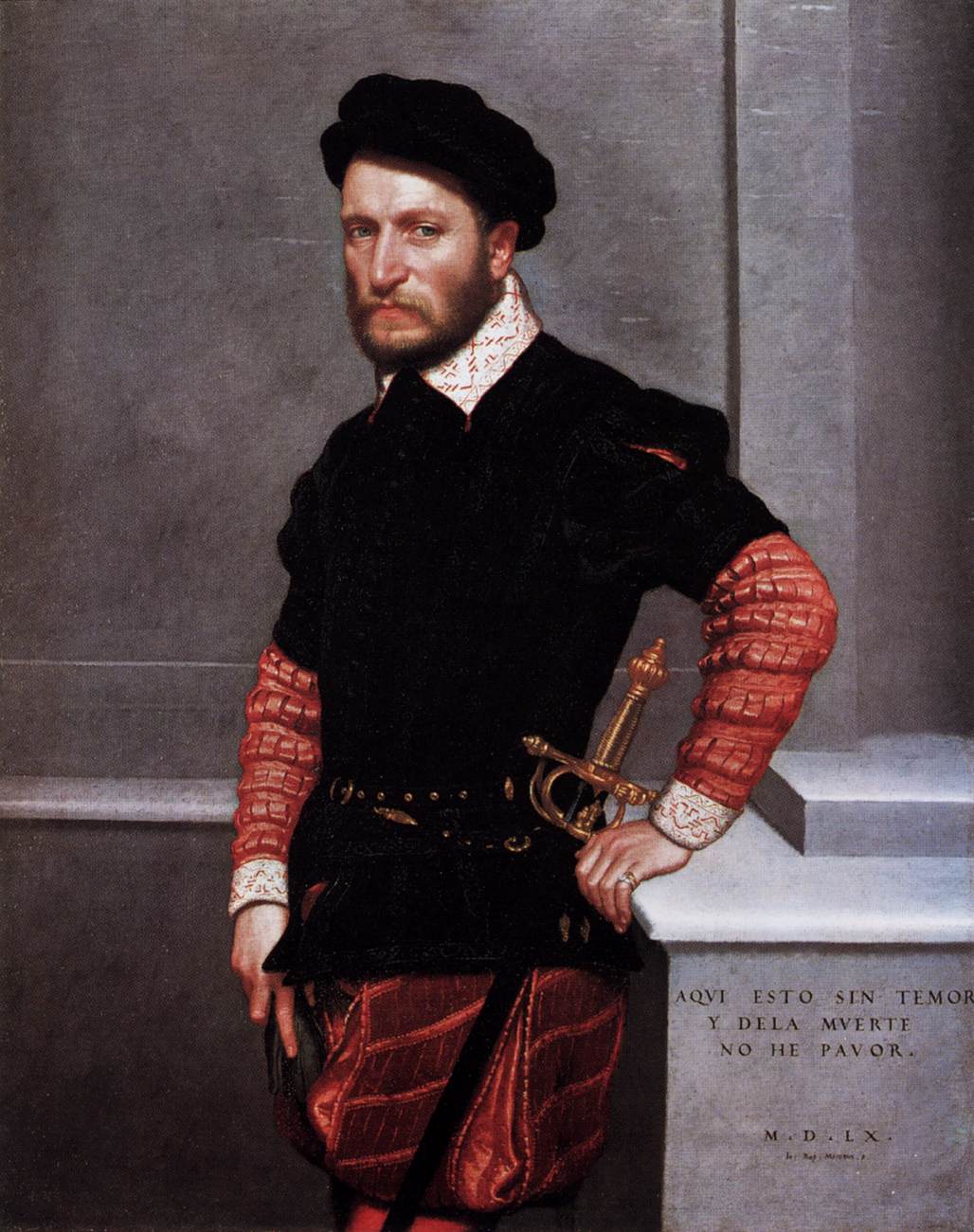|
Duke Of Almodóvar Del Río
Duke of Almódovar del Río (''Ducado de Almodóvar del Río'') is a hereditary ducal title in the Spanish nobility which holds a Grandeeship of Spain 2nd Class. It was conferred on 11 July 1780 on Pedro Jiménez de Góngora, 6th Marquess of Almodóvar del Río, by King Charles III of Spain, thus raising to a dukedom the Marquessate of Almodóvar del Río. This title had been granted to Francisco Jiménez de Góngora y Castillejo by King Charles II of Spain, the 13 May 1667. Historically, the title corresponds to dominion over the area around Almodóvar del Río. Marquesses of Almodóvar del Río (1667-1780) *Francisco Jiménez de Góngora, 1st Marquess of Almodóvar del Río *Luis José Jiménez de Góngora, 2nd Marquess of Almodóvar del Río, only son of the 1st Marques *Antonio Suárez de Góngora, 3rd Marquess of Almodóvar del Río, distant cousin of the 2nd Marquess. Head of the House of Góngora *Pedro Suárez de Góngora, 4th Marquess of Almodóvar del Río, elder so ... [...More Info...] [...Related Items...] OR: [Wikipedia] [Google] [Baidu] |
Charles III Of Spain
it, Carlo Sebastiano di Borbone e Farnese , house = Bourbon-Anjou , father = Philip V of Spain , mother = Elisabeth Farnese , birth_date = 20 January 1716 , birth_place = Royal Alcazar of Madrid, Spain , death_date = , death_place = Royal Palace of Madrid, Spain , place of burial= El Escorial , religion = Roman Catholicism , signature = Autograph Charles III of Spain.svg Charles III (born Charles Sebastian; es, Carlos Sebastián; 20 January 1716 – 14 December 1788) was King of Spain (1759–1788). He also was Duke of Parma and Piacenza, as Charles I (1731–1735); King of Naples, as Charles VII, and King of Sicily, as Charles V (1734–1759). He was the fifth son of Philip V of Spain, and the eldest son of Philip's second wife, Elisabeth Farnese. A proponent of enlightened absolutism and regalism, he succeeded to the Spanish throne on 10 August 1759, upon the death of his childless half-brother Ferdinand VI. In 1731, t ... [...More Info...] [...Related Items...] OR: [Wikipedia] [Google] [Baidu] |
Spanish Nobility
Spanish nobles are persons who possess the legal status of hereditary nobility according to the laws and traditions of the Spanish monarchy and historically also those who held personal nobility as bestowed by one of the three highest orders of knighthood of the Kingdom, namely the Order of the Golden Fleece, the Order of Charles III and the Order of Isabella the Catholic. A system of titles and honours of Spain and of the former kingdoms that constitute it make up the Spanish nobility. Some nobles possess various titles that may be inherited, but the creation and recognition of titles is legally a prerogative of the King of Spain. Many noble titles and families still exist which have transmitted that status since immemorial nobility, time immemorial. Some aristocratic families use the nobility particle, nobiliary particle ''de'' before their family name, although this was more prominent before the 20th century. During the rule of ''Generalísimo'' Francisco Franco, some new here ... [...More Info...] [...Related Items...] OR: [Wikipedia] [Google] [Baidu] |
Pedro Francisco De Luján Y Góngora, 1st Duke Of Almodóvar Del Río
Pedro Francisco Jiménez de Góngora y Luján, 1st Duke of Almodóvar del Río (1727–1794) was a Spanish nobleman, ambassador and writer. Career Jiménez de Góngora was born to a noble family from Córdoba, Spain, and became the 7th Marqués de Almodóvar del Río. He was made a Grandee of Spain in 1779 and was named 1st Duke of Almodóvar del Río on July 11, 1780 by King Charles III of Spain. He was the fourth director of the Real Academia de la Historia from January 6, 1792 to May 14, 1794 when he died, although his death has also been quoted as 1796. He was an Embassy Officer and Ambassador to Russia from 1759 to 1763, Ambassador to Portugal from around 1765 to 1778 and Ambassador to London in 1778. The following year he was forced to leave the position because of disputes with the British over issues concerning the American War of Independence. He was elected a Foreign Honorary Member of the American Academy of Arts and Sciences in 1789. He had been living in the Kingdom ... [...More Info...] [...Related Items...] OR: [Wikipedia] [Google] [Baidu] |
Duke
Duke is a male title either of a monarch ruling over a duchy, or of a member of royalty, or nobility. As rulers, dukes are ranked below emperors, kings, grand princes, grand dukes, and sovereign princes. As royalty or nobility, they are ranked below princess nobility and grand dukes. The title comes from French ''duc'', itself from the Latin ''dux'', 'leader', a term used in republican Rome to refer to a military commander without an official rank (particularly one of Germanic or Celtic origin), and later coming to mean the leading military commander of a province. In most countries, the word ''duchess'' is the female equivalent. Following the reforms of the emperor Diocletian (which separated the civilian and military administrations of the Roman provinces), a ''dux'' became the military commander in each province. The title ''dux'', Hellenised to ''doux'', survived in the Eastern Roman Empire where it continued in several contexts, signifying a rank equivalent to a captai ... [...More Info...] [...Related Items...] OR: [Wikipedia] [Google] [Baidu] |


